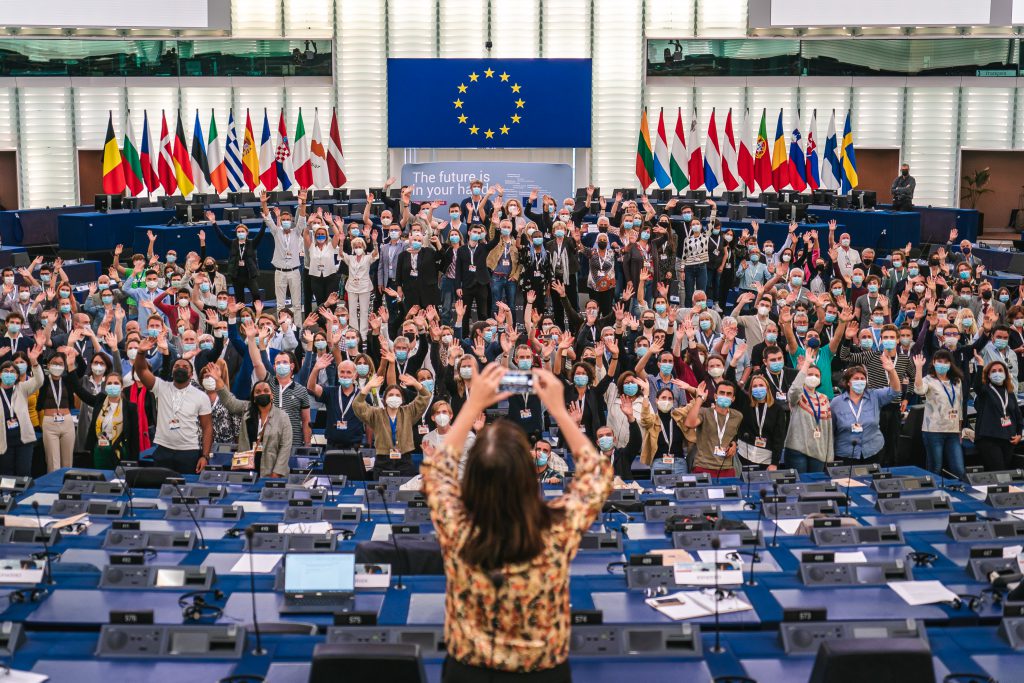Parliament activates process to change EU Treaties

Parliament adopted a resolution calling on the European Council to agree to start the process to revise the EU Treaties. In light of the array of ongoing and recent crises, MEPs used their prerogative to call for the Treaties to be changed by:
- reforming voting procedures in the Council to enhance the European Union’s capacity to act, including switching from unanimity to qualified majority voting, in areas such as sanctions, the so-called passerelle clauses, and in emergencies;
- adapting the EU’s powers, especially in the areas of health and cross-border health threats, in the completion of the energy union based on efficiency and renewables in line with international agreements on climate change, in defence, and in social and economic policies;
- ensuring that the European Pillar of Social Rights is fully implemented and incorporating social progress, linked to a Social Progress Protocol, into the Treaties;
- making the EU economy more resilient, with special attention paid to small and medium-sized enterprises and competitiveness checks, and promoting investments focused on the just, green and digital transitions;
- providing Parliament with the right to initiate, amend or revoke legislation, and with full rights as a co-legislator on the EU budget; and
- strengthening the procedure to protect the EU’s founding values and clarifying the determination and consequences of breaches ( 7 TEU and the Charter of Fundamental Rights).
The resolution was adopted with 355 votes in favour, 154 against, and 48 abstentions, following a debate earlier on the same day.
Next steps
It will be up to the 27 member states’ heads of state or government at the European Council to decide to set up a Convention, by simple majority. Many MEPs have called for this to happen at the earliest opportunity, which would be the EU summit on 23-24 June, to ensure that citizens’ expectations are met and that the outcome of the Conference on the Future of Europe is put to good use as soon as possible. The Convention should comprise MEPs, Commissioners, MPs from the member states, and EU leaders.
Background
On 9 May in Strasbourg, EP President Roberta Metsola, French President Emmanuel Macron on behalf of the Council Presidency, and European Commission President Ursula von der Leyen received from the Co-Chairs of the Conference Executive Board its final report. This includes 49 proposals comprising more than 300 measures across 9 themes, based on 178 recommendations from the European Citizens’ Panels, input from the National Panels and events, ideas from the European Youth Event, and 43 734 contributions on 16 274 ideas recorded on the multilingual digital platform.
